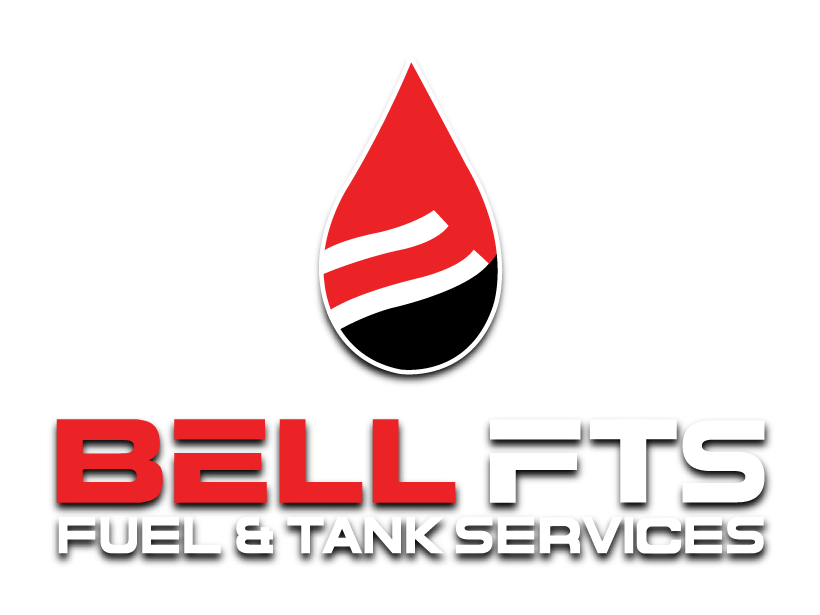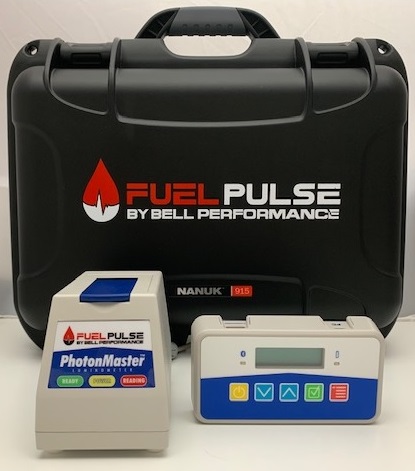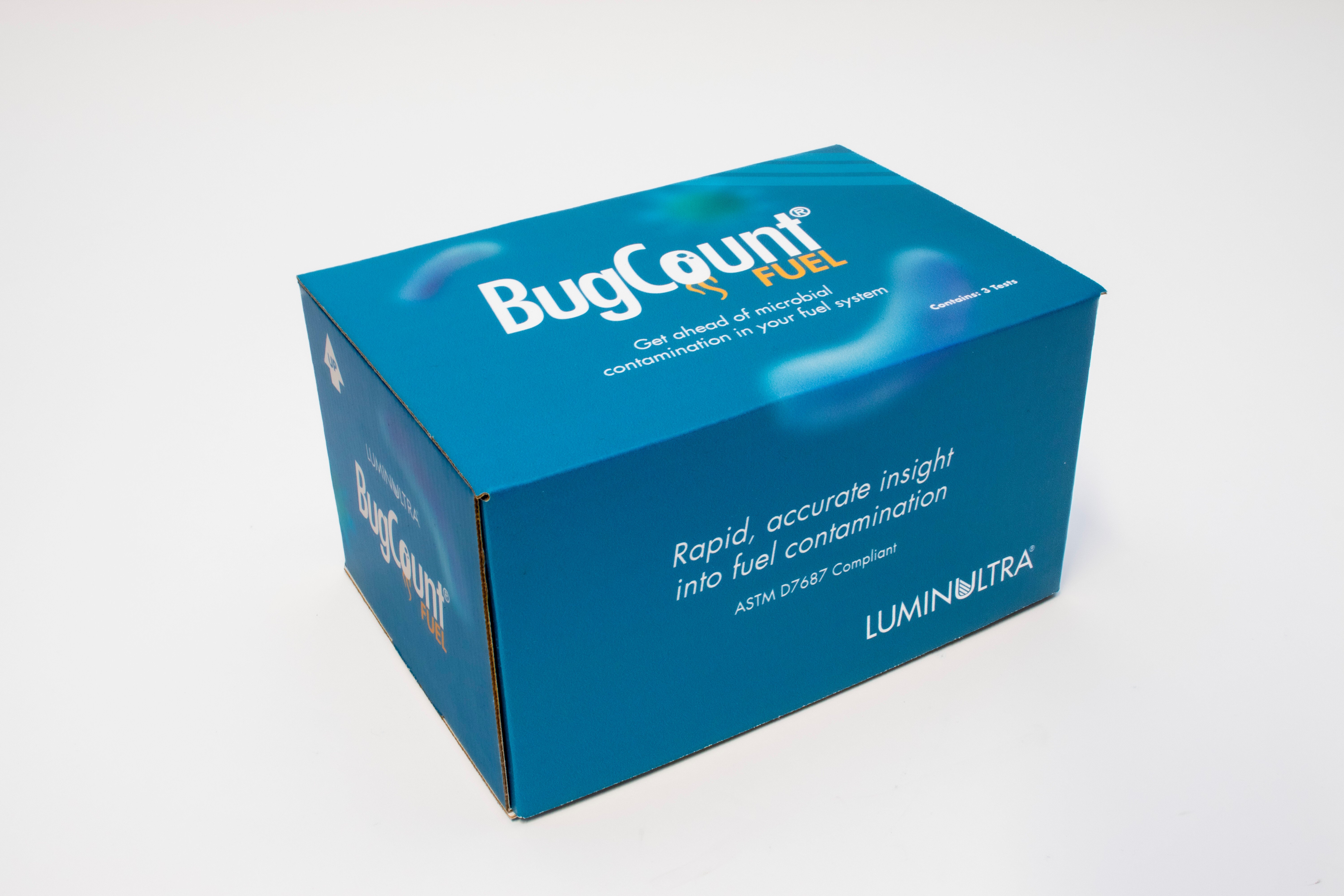Aviation Fuel Microbes, Testing, Quality

Aviation Fuel and Microbial Contamination: A Growing Concern
Aviation fuel is often wrongly presumed to be Cleaner and more sterile compared to fuels used in terrestrial or backup applications. However, the potential for microbiological growth exists at various points within the jet fuel supply chain, including within the plane itself. Throughout its lifecycle, jet fuel faces multiple exposure points to the risks associated with microbial contamination, a concern that holds unique gravity in aviation applications.
At every juncture of the aviation fuel supply chain, stakeholders must remain vigilant regarding the potential and perils posed by microbial contamination to both fuel quality and aircraft operations' safety.
The broader aviation sector, encompassing commercial airlines, private aviation operators, military entities, airports of all sizes, MROs (Maintenance, Repair, and Overhaul facilities), FBOs (Fixed-Base Operators), and aviation fuel suppliers, faces the threat of microbiological contamination.
Prominent industry associations like JIG (Joint Inspection Group) and IATA (International Air Transport Association) encourage a proactive approach to managing this issue. Strategies include averting water accumulation in fuel tanks—an essential measure in minimizing contamination possibilities.
Simultaneously, industry dynamics have seen a shift in emphasis on the increased significance of other preventive measures that aviation stakeholders must adopt. Beyond water prevention, implementing microbiological fuel testing stands paramount. Microbiological contamination in aircraft fuel systems presents, at best, a warranty issue, and at worst, a problem with compromising essential system materials.
The Fuel Pulse Program from Bell Performance emerges as an indispensable ally for aviation industry stakeholders who cannot afford to succumb to the inevitable disruptions arising from microbiological contamination within aviation fuel and systems.
Microbial Testing
Microbial contamination can swiftly transform a pristine fuel tank into a heavily compromised one within a matter of weeks, not extending to months or years. This holds true for aviation storage tanks and other similar systems.
The resultant issues demand attention, including thecomprising of seal and liner materilas, filter malfunctions, costly corrosive harm to vital components, and even disruptions in fuel quantity indicators.
The landscape of aviation fuel has evolved, constraining the options available to aviation professionals for countering microbial contamination in jet fuel systems. Standard contamination treatment entails not only eliminating free water phases but also biocide treatment—essential for eradicating active microbial contamination. However, there are only a scant few biocides sanctioned for aviation fuel systems, and this range narrowed further a few years.
In light of these circumstances, the significance of microbial testing for aviation fuel and its systems cannot be overstated. It represents the sole reliable means of gauging the extent of microbial contamination within a fuel system and confirming the efficacy of any remedial measures taken.
ATP Testing For Aviation
Filter and Filtration Issues
Your fuel’s properties can tell you a lot about both its history and its future. And they can point you in the right direction about what you should be doing for your fuel, if you know what they’re trying to tell you.
Shop for Related Products
Aviation on our Commercial Blog
1 min read
Aviation Fuel Storage
Erik Bjornstad: Aug 8, 2023
1 min read
Fuel Problem: Aircraft Tank Corrosion
Erik Bjornstad: Aug 3, 2023
1 min read
Fuel Problem: Aircraft FQIS Malfunction
Erik Bjornstad: Aug 1, 2023
2 min read
The importance of microbial fuel testing for aviation
Erik Bjornstad: Jan 8, 2021
2 min read
Aviation Has A New Partner For Solving Fuel Problems
Erik Bjornstad: Nov 20, 2020





